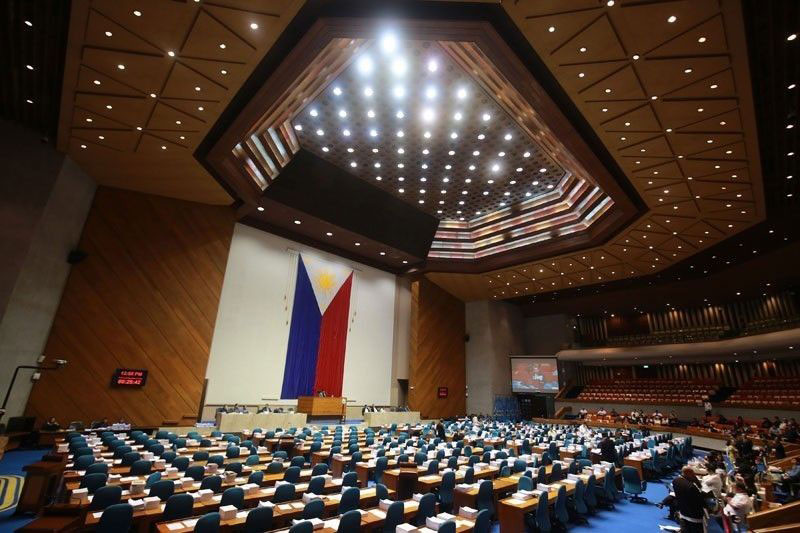House OK’s economic ‘Cha-cha’ on final reading

By Kenneth Christiane L. Basilio
PHILIPPINE congressmen on Wednesday approved on final reading a proposal to lift foreign ownership limits in the 1987 Philippine Constitution to boost foreign direct investments (FDI) in a country that is one of the least attractive in Southeast Asia.
With 288 congressmen voting in favor, the House of Representatives agreed to liberalize the country’s public utilities, education and advertising sectors, saying these would benefit from increased foreign capital.
Eight congressmen said no, while two abstained.
“By 288 affirmative votes, or more than the requisite three-fourths vote mandated by the Constitution, we have passed Resolution of Both Houses No. 7, a resolution poised to catalyze a new era of economic vitality and competitiveness for the Philippines,” Speaker and Leyte Rep. Ferdinand Martin G. Romualdez said in plenary.
The Philippines is under pressure to attract more foreign direct investments to increase jobs and funding for development projects. The Senate must agree with the Charter change (“Cha-cha”) proposal before Filipinos can decide in a plebiscite whether to approve the changes.
Lawmakers inserted the phrase “unless otherwise provided by law” in the provisions of the Charter with economic restrictions. This gives Congress the leeway to legislate changes later.
The Constitution limits public utilities and the education and advertising sectors to Filipinos and companies that are at least 60% Filipino-owned.
The House approved the Charter amendments after four weeks of committee hearings and plenary debates.
FDI in Southeast Asia rose by 5.5% to a record $224 billion in 2022, the Association of Southeast Asian Nations (ASEAN) said in a report in December.
Of the total, the Philippines only got $9.2 billion, better only than Cambodia with $3.6 billion, Myanmar with $3 billion, Lao PDR with $600 million, and Brunei with a $300-million net outflow, it said.
Opening up the economy won’t ensure foreigners would invest here, Ser Percival Peña-Reyes, director of the Ateneo de Manila University Center for Economic Research and Development, said in a Viber message. “It still depends on how well they implement the changes.”
The House is also seeking to pass other bills that would cut bureaucratic red tape, Deputy Speaker and Quezon Rep. David C. Suarez told a news briefing before the House approval. “This way, we can assure investors that their investments are well taken care of by the state.” ‘
“We need to streamline the government bureaucracy so investors don’t need to sign hundreds of paperwork just so they could set up in the country.”
He also said opening up the economy to foreigners would boost market competition and improve public service.
Terry L. Ridon, convener of think tank InfraWatch PH, does not think so. “What will ensure reasonable public utility charges is the strict enforcement of the least cost principle by public utility commissions,” he said via Viber before the House vote.
He said the foreign capital could help local water districts and electric cooperatives facing underinvestment, high costs, low revenue and poor management.
“However, ensuring reasonable rates is a different matter because this is more a function of regulation than capital inflows,” he added.
Nic Satur, Jr., chief advocacy officer of Partners for Affordable and Reliable Energy, said the foreign equity limits in the Constitution should be kept “to ensure a balanced approach that fosters both local participation and foreign investment without compromising national interests.”
“Let’s not just give it to foreign investors,” Maria Agnes C. Garcia, national convener of energy consumer group Ilaw, told BusinessWorld via Viber.
“It is encouraging to see foreign investors who are interested in our energy sector,” she said. “But we must also help our fellow consumers see the benefit of investing in our own electric cooperatives.”



